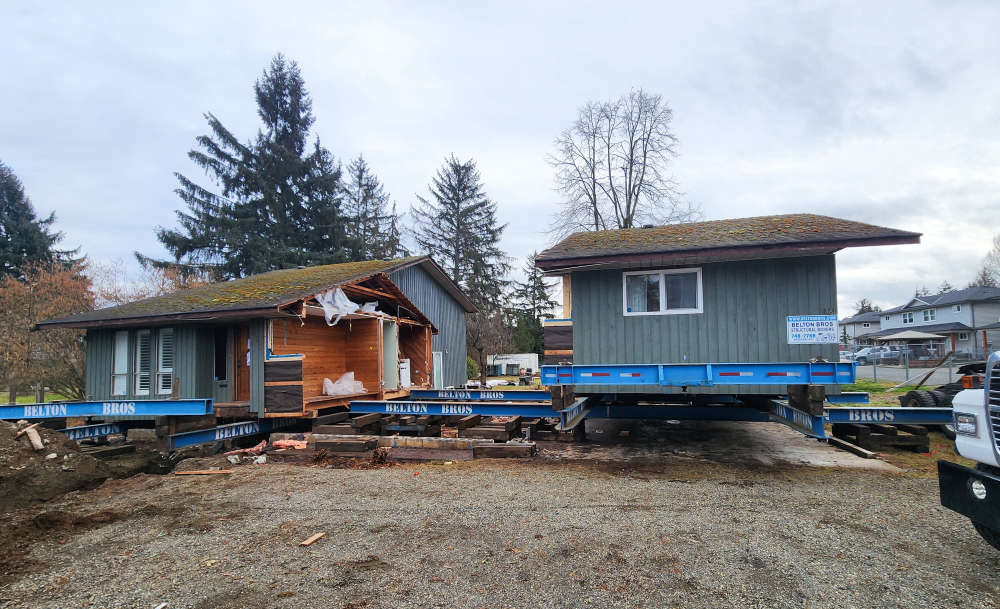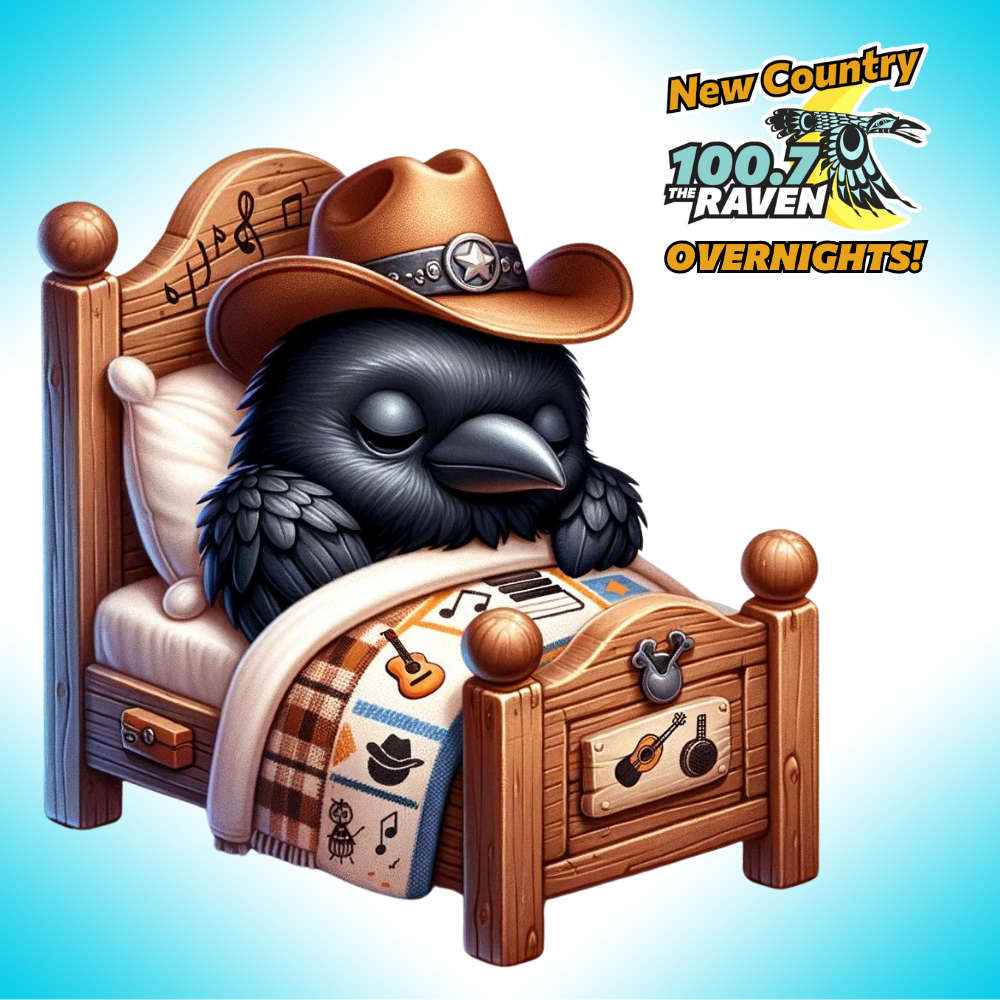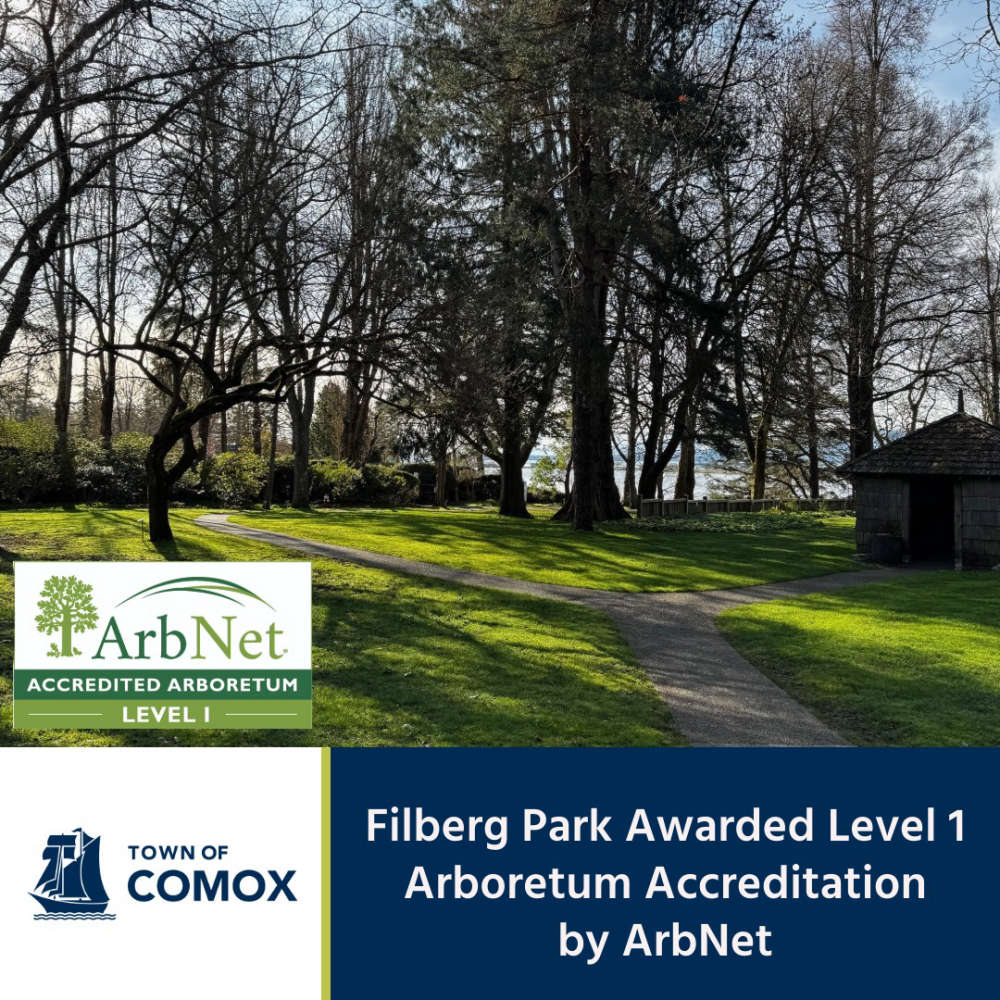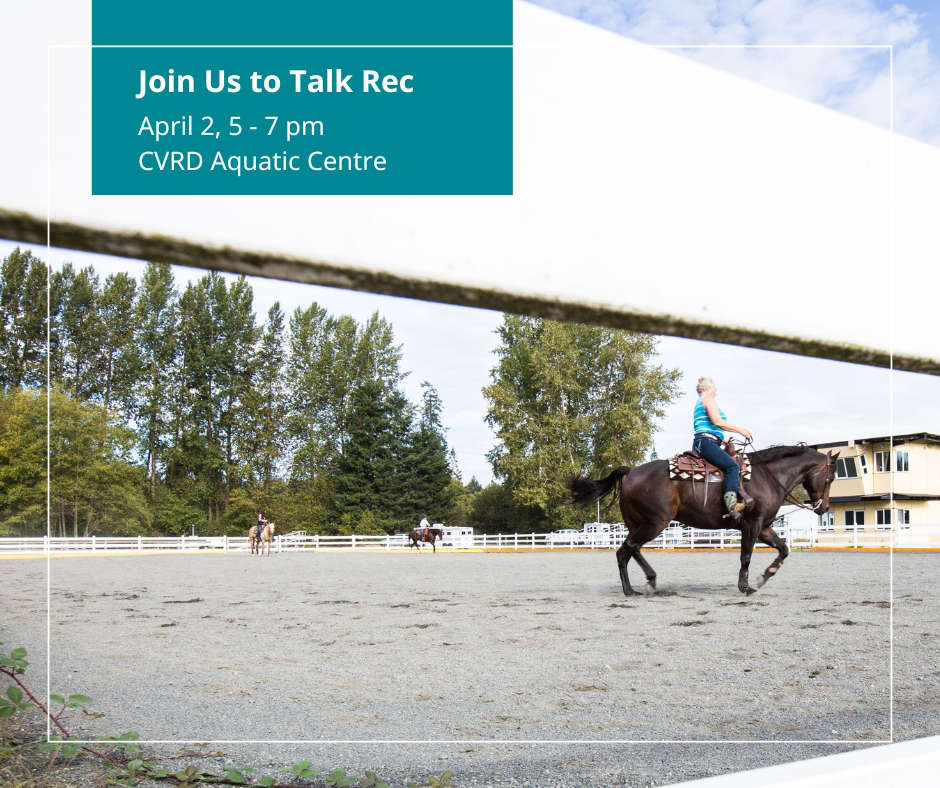
Habitat for Humanity Vancouver Island North is donating a house to the Homalco First Nation, owners of 100.7 The Raven.
The home on Hilchey Road in Campbell River is currently situated on an upcoming Habitat build site and will be relocated to Homalco land rather than demolished.
It will be moved and refurbished by HFN over the coming months.
In a release, Habitat VIN says the collaboration with Homalco First Nation highlights the importance of working alongside communities to address housing needs.
Instead of demolishing a livable structure, the release reads, the initiative ensures the home continues to serve the community, contributing to long-term housing stability.
It also notes relocating and refurbishing an existing home is a practical and cost-effective way to address housing shortages while making the most of available resources.
By repurposing rather than demolishing the building, approximately 15 tons of waste will be diverted from the local landfill.
Habitat VIN says the move is a significant milestone in its plans to create more affordable homeownership opportunities in Campbell River.
A fundraising drive is now underway for Habitat’s build project.
You can help by shopping at the ReStore, donating to the ReStore, or by making a financial contribution at Habitat Donate.
Since its founding, Habitat Vancouver Island North has provided affordable homes for 57 families with a plan for 20 more homes in Campbell River.

 Filberg Park Awarded Special Accreditation
Filberg Park Awarded Special Accreditation
 Sportsplex Closed Wednesday For Repairs
Sportsplex Closed Wednesday For Repairs
 St. Ann’s Road Closure Today
St. Ann’s Road Closure Today
 Strathcona Regional District Approves 2025-2029 Financial Plan
Strathcona Regional District Approves 2025-2029 Financial Plan
 Comox Valley Talks Recreation
Comox Valley Talks Recreation
